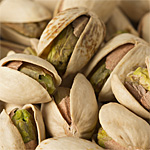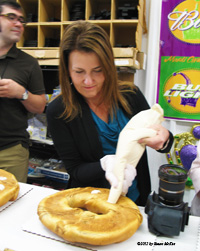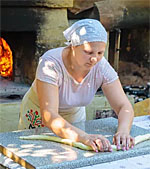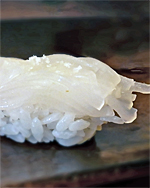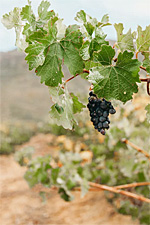“Spice: the history of a temptation”
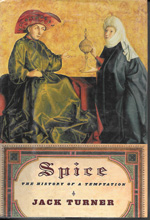 In the 21st Century, herbs and spices are taken for granted. This well-researched tome reminds us that it wasn’t always like this.
In the 21st Century, herbs and spices are taken for granted. This well-researched tome reminds us that it wasn’t always like this.
Herbs, yes: they grew in one’s European backyard (so they were insignificant). Spices, on the other hand, came from the remote and mysterious beyond, their origins shrouded in myth and legend.
Two thousand years ago, those that made it across the long (and hidden) journey from the South Seas were seen as worthy gifts to the gods, and were burned to propitiate the immortals and dispel demons.
Later, these substances we take for granted — black pepper, cinnamon and so forth — were used as forms of payment in Europe.
Costly and rare, spices were incense, medicine and magic. Eventually the very rich discovered they could add to haute cuisine.
As the routes to the South Seas origins of cinnamon, cloves, nutmeg and such were plied with more frequency by the Portuguese and the Dutch and the English, the supplies increased, the prices decreased and spices were used for both medicines and flavor by all but the poor.
What surprised this Road Trips Foodie is that the author, an Australian, overlooks that the contemporary Orthodox church still makes great use of incense in worship.
(New York: Alfred A. Knopf, 2004)


